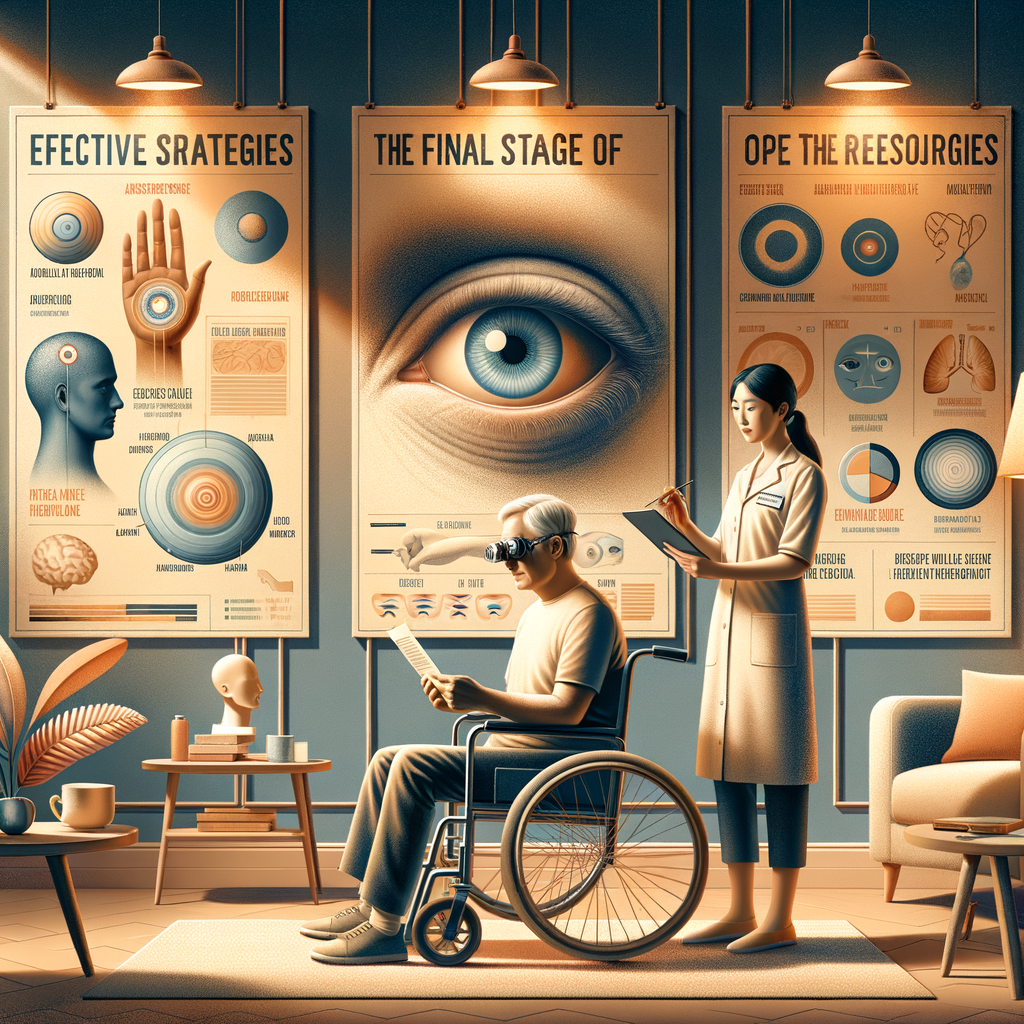Coping with the Final Stage of Macular Degeneration
Macular degeneration, a leading cause of vision loss among older adults, significantly impacts daily living. The final stage, often referred to as “end-stage” macular degeneration, presents unique challenges that require not only medical intervention but also emotional support and practical solutions. In this blog post, we will explore comprehensive coping strategies and resources available for individuals and families facing this condition.
Understanding Macular Degeneration
Before diving into coping mechanisms, it is crucial to understand the condition itself. Macular degeneration affects the macula, the part of the retina responsible for sharp, central vision. This progressive disease can lead to severe vision loss and has various forms, including:
- Dry Macular Degeneration
- Wet Macular Degeneration
The Emotional Toll of Vision Loss
The emotional consequences of progressing macular degeneration can be profound. Patients often experience feelings of frustration, anxiety, and isolation. It is essential to recognize these feelings and seek support. Below are some strategies to help:
- Engaging in Support Groups: Connecting with others who understand your experience can be immensely beneficial.
- Professional Counseling: Therapy can provide tools to manage emotional distress.
- Family Support: Open discussions with family members can alleviate feelings of loneliness.
Practical Coping Strategies for Daily Living
Adjusting to vision loss requires practical solutions that can help maintain independence. Here are some effective strategies to consider:
- Home Modifications: Enhance lighting, use contrasting colors, and arrange furniture to prevent accidents.
- Assistive Technology: Devices such as magnifiers and voice-activated tools can aid in daily tasks.
- Transportation Alternatives: Familiarize yourself with public transportation, ridesharing apps, or local services that offer rides for seniors.
Involving Loved Ones
Engagement from family and caregivers can significantly ease the burden of macular degeneration. Here’s how to involve loved ones effectively:
- Encourage Open Dialogue: Family members should feel open to discussing fears and solutions.
- Shared Activities: Engaging in activities together can provide comfort and joy.
- Learning Together: Attending appointments or educational sessions as a team can empower families.
Conclusion: Embracing Support and Expertise
While facing end-stage macular degeneration poses daunting challenges, embracing available resources, emotional support, and practical solutions can significantly enhance quality of life. Whether through support groups, assistive devices, or family engagement, taking proactive steps can empower those affected by this condition. Remember, no one has to navigate this journey alone; support is available, and hope persists.


Leave a Reply
You must be logged in to post a comment.